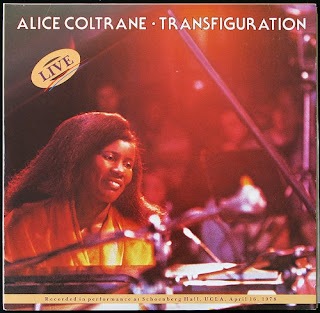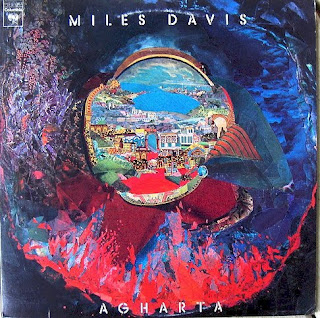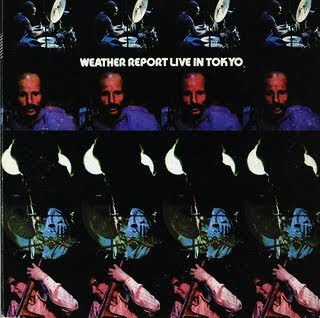
The Antique Blacks is a great live date, recorded in 1974 but not released until 1978. This is a smallish band, and features the first recorded evidence of prominent electric rock guitar in the Arkestra, attributed only to "Sly." "Song No. 1" is a groovy sort of space bossa nova, with Sun Ra on rocksichord supported by great percussion as the other players join in. "There Is a Change in the Air/The Antique Blacks" is a Ra poem recited with musical accompaniment as is "The Ridiculous 'I' and the Cosmos Me." "This Song Is Dedicated to Nature's God" is actually a different tune than "To Nature's God" on Live in Egypt, Vol. 1, but is the same sort of upbeat, swinging singalong. "Would I for All That Were" is a short interlude with Moog craziness over an ominous march, which leads into a rousing version of "Space Is the Place." The Antique Blacks is notable for the recited poetry, as well as for the presence of the extroverted Sly, who adds a totally new dimension to the Arkestra sound. This one will be tough to find, but well worth it. - amg
01 - song n1
02 - there is a change in the air
03 - the antique blacks
04 - this song is decicatated to nature's god
05 - the ridiculous ''i'' & the cosmos me
06 - would i for all that were
07 - space is the place
Sun Ra Arranger, Composer, Mini Moog, Rocksichord, Vocals
Marshall Allen Percussion, Reissue, Sax (Alto), Vocals
Sly Guitar (Electric)
Atakatune Conga
Danny Davis Sax (Alto)
Ahk Tal Ebah Trumpet, Vocals
John Gilmore Percussion, Sax (Tenor), Vocals
James Jackson Bassoon, Percussion, Vocals
Clifford Jarvis Drums, Vocals
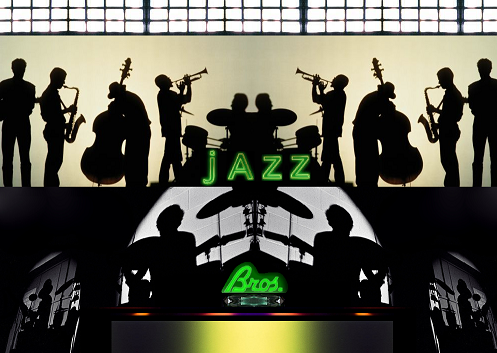



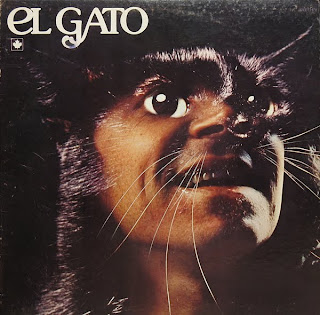






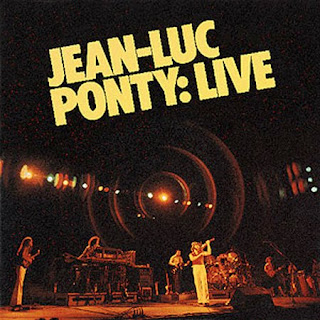
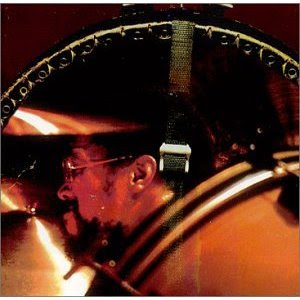



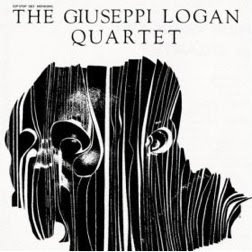


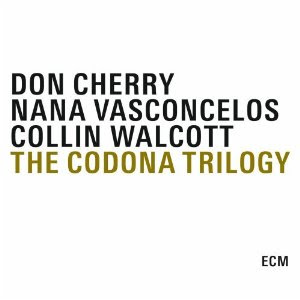

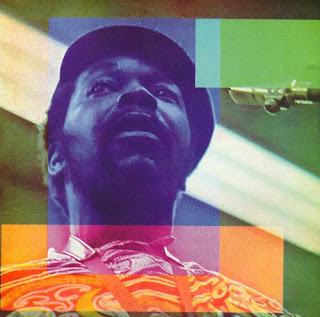
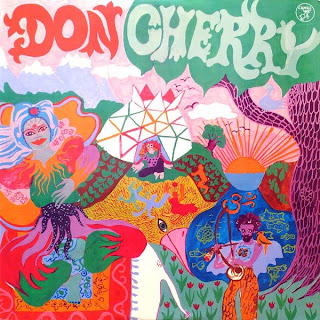
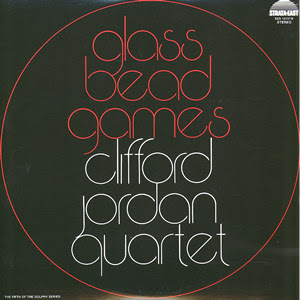
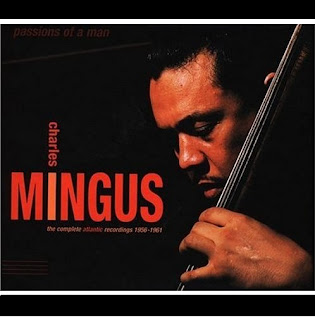
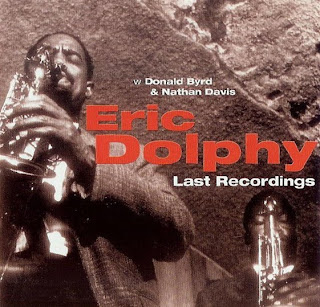
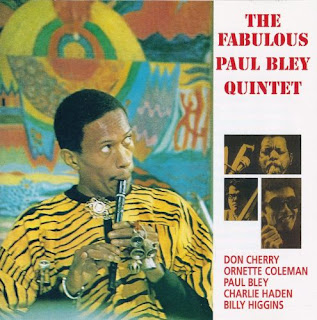

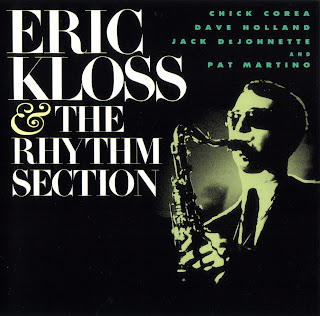


+is+an+American+jazz++saxophonist..jpg)

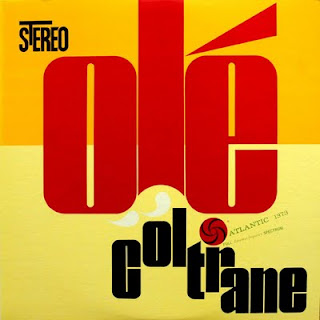
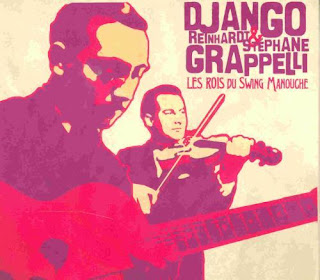


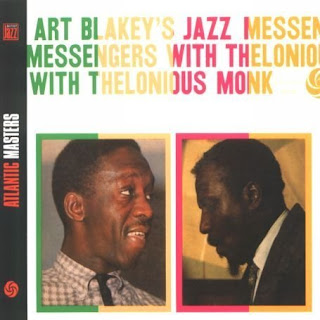.jpg)
